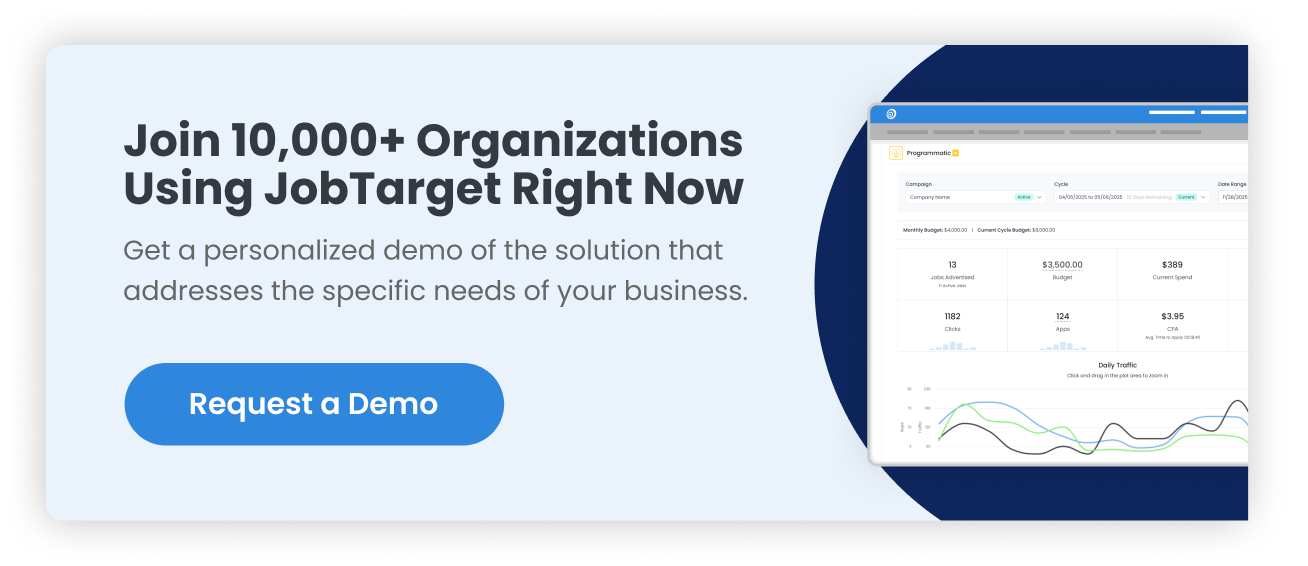As more legislation is introduced and companies embrace pay transparency, one challenge they face is implementing it effectively across different geographic locations, each with its unique cost of living and market standards. The move towards transparent pay practices isn't just about compliance; it's about fostering trust and equity in the workplace. Here’s a strategic guide for organizations looking to implement pay transparency while accommodating geographic pay differences.
Understanding the Need for Geographic Specificity
Geographic pay differentials can be important because they reflect the varying cost of living and competitive market rates across different regions. For instance, a software engineer’s salary in San Francisco might differ significantly from one in Dallas, even for the same role at the same company. Ignoring these differences can lead to unfair compensation practices and hinder talent acquisition and retention.

Steps to Implement Pay Transparency Geographically
1. Conduct Thorough Market Research
Begin by gathering data on prevailing wage rates for various roles across the locations where your company operates. This research should consider factors like cost of living, demand for specific skills, and general economic conditions. Reliable data will serve as the foundation for defining equitable salary ranges for each region.
2. Define Clear Pay Structures
Create a structured pay framework with minimum and maximum thresholds for each position within every geographic area. These structures should be based on comprehensive market research, tailored to each location's specific economic conditions, and evaluated via a compensation analyzer. Consistency in how these pay structures are defined and applied is crucial to avoid potential biases.
3. Transparency in Communication
When posting job ads, clearly communicate the salary range for the specific location of the job. Ensure these postings comply with state and local laws and the broader corporate policies on pay transparency. Additionally, consider explaining in the job advertisements why pay ranges may differ from one region to another, reinforcing the company’s commitment to fairness and transparency.
4. Regular Updates and Audits
The economic factors influencing pay differentials are not static—they change in response to inflation, shifts in the job market, and other financial variables. Regularly update your geographic pay structures to reflect these changes. Conduct annual audits to ensure your compensation practices remain competitive and compliant with both internal standards and external regulatory requirements.
5. Use Technology and Tools
Efficiently implementing geographic pay differentials requires robust HR technology. Tools like payroll software and compensation management systems can help you manage and analyze pay data effectively. These systems can automate much of the work in updating pay structures, ensuring accuracy and compliance.
6. Train Your Managers
Managers play a crucial role in maintaining transparency and fairness in compensation. Provide training sessions to help them understand the rationale behind geographic pay differentials and how to communicate these policies effectively to their teams. This training can help prevent misunderstandings and promote a positive workplace culture.
Implementing pay transparency with geographic pay differentials is a complex but rewarding strategy. It enhances your company’s compliance with emerging regulations and boosts your employer brand, attracting top talent who value fairness and transparency. By taking a thoughtful, data-driven approach to this process, companies can ensure equitable pay practices that align with their strategic goals and the expectations of a diverse workforce.
Remember, the goal of implementing geographic pay differentials within a transparent framework is to affirm your commitment to fairness, regardless of where your employees are based.
.png)
Lead with Confidence: Partner with JobTarget for Seamless Pay Transparency Implementation
As your organization navigates the complexities of implementing pay transparency across diverse geographic regions, remember that you don't have to go it alone. JobTarget is here to provide the expertise, tools, and support you need to effectively manage and communicate geographic pay differentials, ensuring compliance and fostering workplace equity.
By partnering with JobTarget, you'll gain access to cutting-edge technology and a team of experts dedicated to helping you develop a robust pay structure that aligns with market demands and regulatory requirements. Our solutions simplify the process, from conducting market research to updating pay ranges, enabling you to focus on what you do best—running your business.
Don’t wait to enhance your employer brand and attract top talent with a fair and transparent compensation strategy. Contact us today and see how we can help you build a more substantial, more equitable workplace where every employee feels valued, regardless of location.
Disclaimer: This article is for general informational purposes only and is not intended to provide legal advice. Consult with the appropriate legal advisor.








